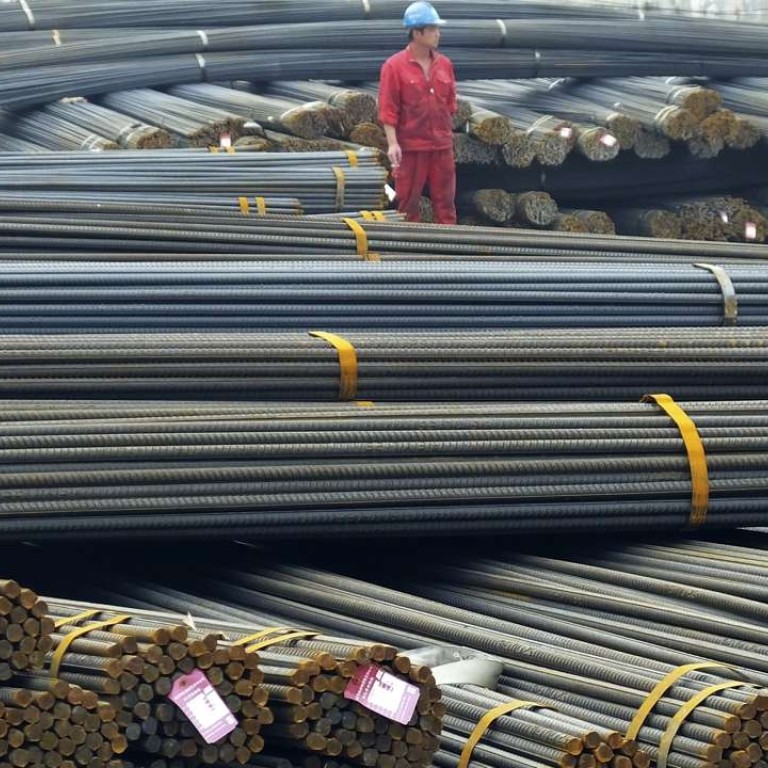
As Beijing aims for blue skies over G20, China's steel mills get unexpected boost
While the boon from the summit cuts will be fleeting, steel prices have rebounded 51 per cent this year
When Beijing ordered hundreds of industrial plants to close ahead of China’s first-ever G20 summit on September 4-5, the government wanted to spruce up the host city Hangzhou and ensure world leaders would gather under clear blue skies.
In doing so, China’s leaders may have given the nation’s stricken steel mills an inadvertent leg-up, helping to restore profitability after a years-long downturn caused by weak prices as a global glut swelled and demand slowed.
Steel prices have jumped as much as 42 per cent since late May, with the unexpected turn in fortunes all the more striking as the health of the global steel industry is set to feature on the G20 agenda amid escalating tensions over Chinese exports.
Many small mills in neighbouring cities of Hangzhou have been ordered to suspend production for the world summit
Some Chinese steel plants are turning in the best margins in at least three years following increased demand, efforts to tackle a supply glut and an environmental crackdown, with temporary production curbs for events like the G20 accelerating the boost to profits and prices.
“Many small mills in neighbouring cities of Hangzhou have been ordered to suspend production for the world summit,” said Wu Wei, an analyst with Yongan Futures in Hangzhou.
A survey of 32 construction-steel mills in the region by industry consultancy Mysteel found almost half had either halted or curbed output since July, cutting steel output by nearly 1 million tonnes as part of the G20 and environmental curbs.
European and US leaders have urged China to accelerate capacity cuts, blaming its big exports on slumping prices and accusing the world’s top producer of dumping its metal in foreign markets. They have threatened sanctions or anti-dumping taxes on Chinese steel imports.
China has promised to slash steel capacity by 45 million tonnes this year and cuts in the first seven months of the year amounted to 47 per cent of the annual target, spurring Beijing to vow to quicken its pace.
While the boon from the G20 cuts will only be fleeting, Chinese steel prices have still rebounded 51 per cent this year after six consecutive years of falls as a slowing economy hits demand for industrial metals.
Chinese mills that produce rebar, a product used in the construction industry, were earning up to 1,000 yuan (HK$1,160) a tonne in April and are still turning a profit of up to 300 yuan a tonne in August, said Zhao Chaoyue, an analyst with Merchant Futures in Shenzhen.
Nobody earlier expected steel mills to have heydays and make a big profit this year
Mills making hot-rolled coil for use in manufacturing were currently earning more than 300 yuan a tonne, Zhao added.
Liuzhou Iron & Steel said last week it returned to profit in the first half of the year from a loss last year as it took advantage of the price rally.
“Nobody earlier expected steel mills to have heydays and make a big profit this year,” said Xia Junyan, an investment manager of Hangzhou CIEC Trading Co in Shanghai.

